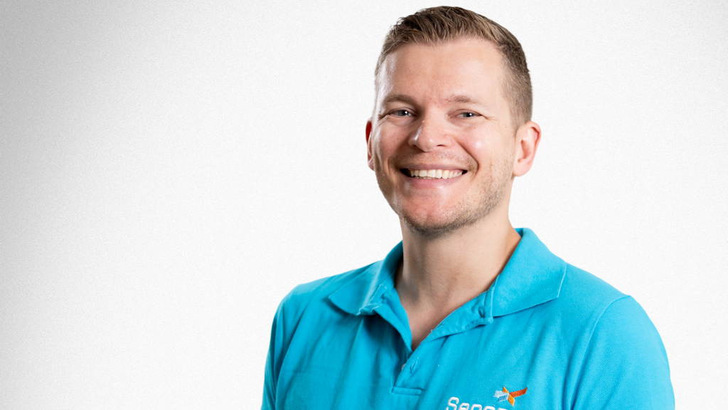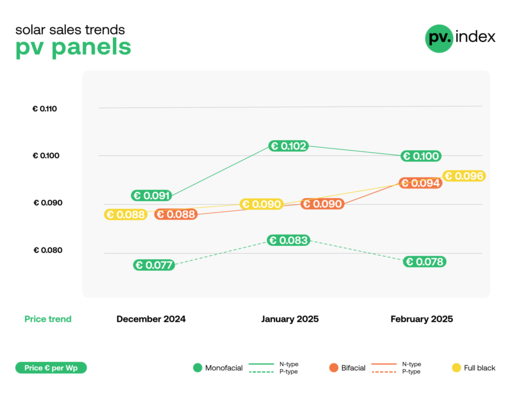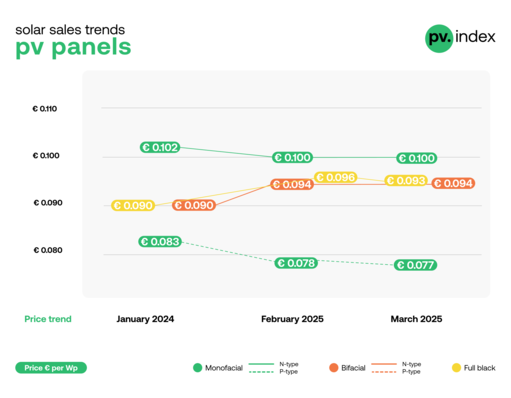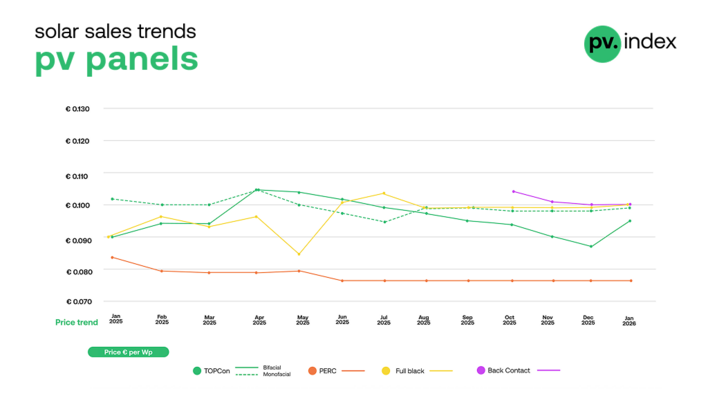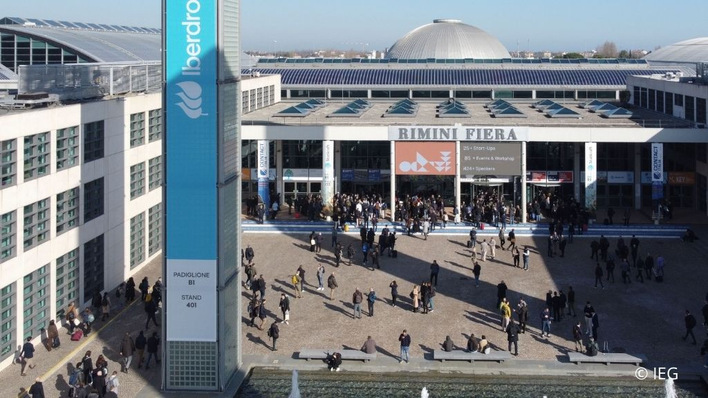For readers who are unfamiliar with Segen Solar, can you briefly describe your business?
SegenSolar is a professional B2B photovoltaic distributor based in Cologne, Germany. We’re part of Segen Global, alongside Segen Ltd in the United Kingdom, Segen Pty in South Africa and Soligent in the USA. We serve installers across Germany, Austria, Switzerland, Poland, Sweden, Benelux and beyond. We support our partners through the full project lifecycle – from technical system design to logistics, commissioning support and post-sale care.
How long have you been with the company and what is your position within it?
I joined SegenSolar eight months ago as a Technical Support and Sales Manager. My role bridges two key areas: I support our customers – mainly installers and EPCs – in selecting the right PV and energy storage solutions. At the same time, I also work with our UK colleagues to shape the European Expansion Team. The goal is to adapt proven UK strategies to suit the diverse requirements of our European markets.
Can you briefly describe your tasks and which markets you serve?
My core responsibility is to make my clients' work easier. I assist them in designing future-proof PV systems that meet local regulations, budget constraints and performance expectations. I also help troubleshoot technical challenges and guide them through product selection and setup.
Is there a main market you focus on?
I currently focus on the Polish market, with additional involvement in other European regions where we’re expanding. With over 50% of my sales already involving energy storage, I’m deeply involved in helping customers transition toward more self-sufficient, storage-integrated systems.
From your experience, how would you best describe your market?
The PV industry is anything but static. It feels more like a ride in a roller coaster. Local policy shifts, electricity prices and global supply chains all influence the market. In Poland, we’ve seen impressive growth. According to the June 2025 Polish PV Market Report by the Institute for Renewable Energy, the country now boasts 21.8 GW of installed PV capacity, putting it fifth in the EU for growth last year.
What are the limits to growth in PV expansion?
There are challenges throughout: grid saturation, curtailment and pricing pressures during peak solar hours. That’s why BESS solutions are no longer optional – they’re essential.
Does working for a British company in its German branch present particular challenges in Poland and the Baltic States?
Absolutely, but I would say that these are constructive challenges. The UK market is mature, consolidated and strongly shaped by national policies and installer networks. Segen has around 30% market share there, and I was able to personally witness its scale and professionalism during my onboarding visit to our training centre in Kent. In contrast, the Polish and wider European markets are more fragmented and price sensitive.
What does this mean for your work?
We deal with significantly more local players and varying funding conditions. This requires flexibility, customer focus and the constant adaptation of our value proposition to local conditions.
What do you want to achieve in the markets you serve?
My goal is to build long-term, trust-based relationships. I want my clients to know they can always rely on me, whether it’s for technical guidance, product updates or help with a tricky installation. European customers are demanding, and rightly so. They expect technical competence, clear communication and fast support. My mission is to provide all three. If I can make their jobs easier, I know they’ll keep growing – and so will we.
What developments do you expect in the markets you serve in the next 12 months?
Although I don’t work directly in the UK market, I see us bringing more of the UK’s strengths to Europe such as integrated training and digital tools. In markets like Poland, we expect continued demand for hybrid inverters, AI-powered energy management systems, and plug-and-play BESS solutions. Storage is no longer a “nice to have” but is essential for grid balancing, financial returns and independence. We’re seeing strong uptake, especially as Polish homeowners and businesses face curtailment risks and seek to store excess solar for later use.
And up to 2030?
By 2030, the PV industry will look significantly different. I expect greater integration of AI in energy management. Households will become energy traders, not just consumers. Energy will be treated like a digital asset bought, sold and optimised in real time. Software will play as large a role in this as hardware.
Will Poland take the lead in PV?
According to the June 2025 report, Poland could reach 38 GW of PV by 2028, putting it well ahead of government forecasts. That tells me that the market will outpace regulation, and smart distribution will be key to keeping pace.
About Konstantyn Lytvak
Konstantyn Lytvak holds a master's degree in environmental and health engineering and a bachelor's degree in mechanical engineering from the Kraków University of Technology. He also completed postgraduate studies in project management at Tischner European University. He has over ten years of experience in the solar industry.


